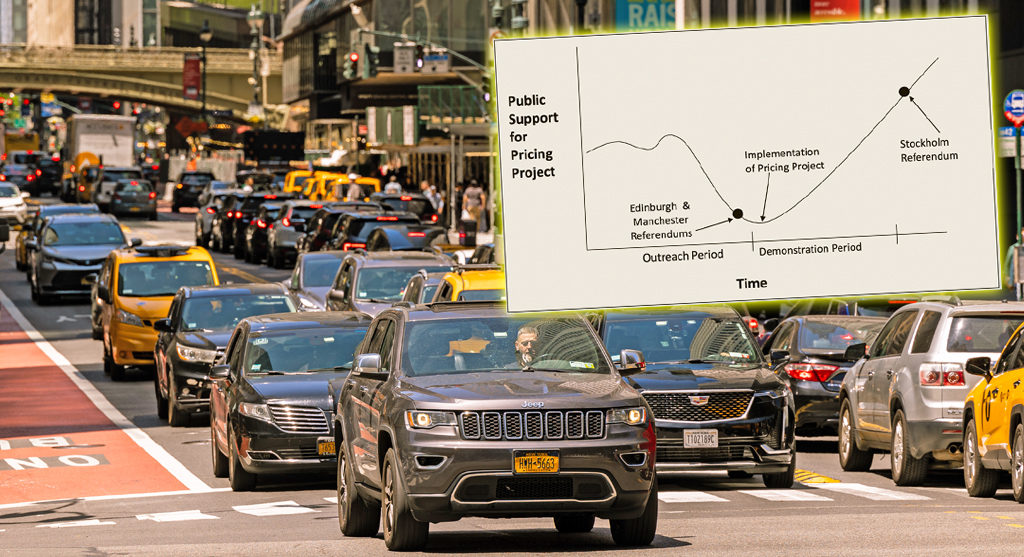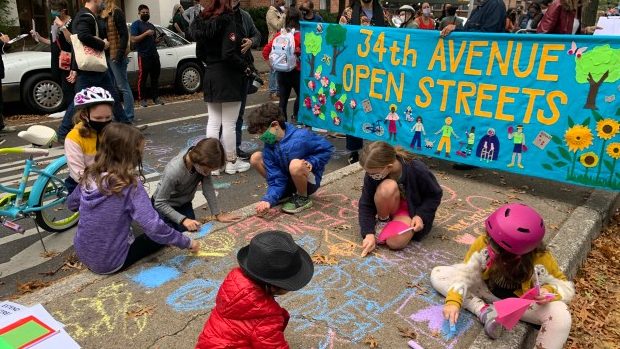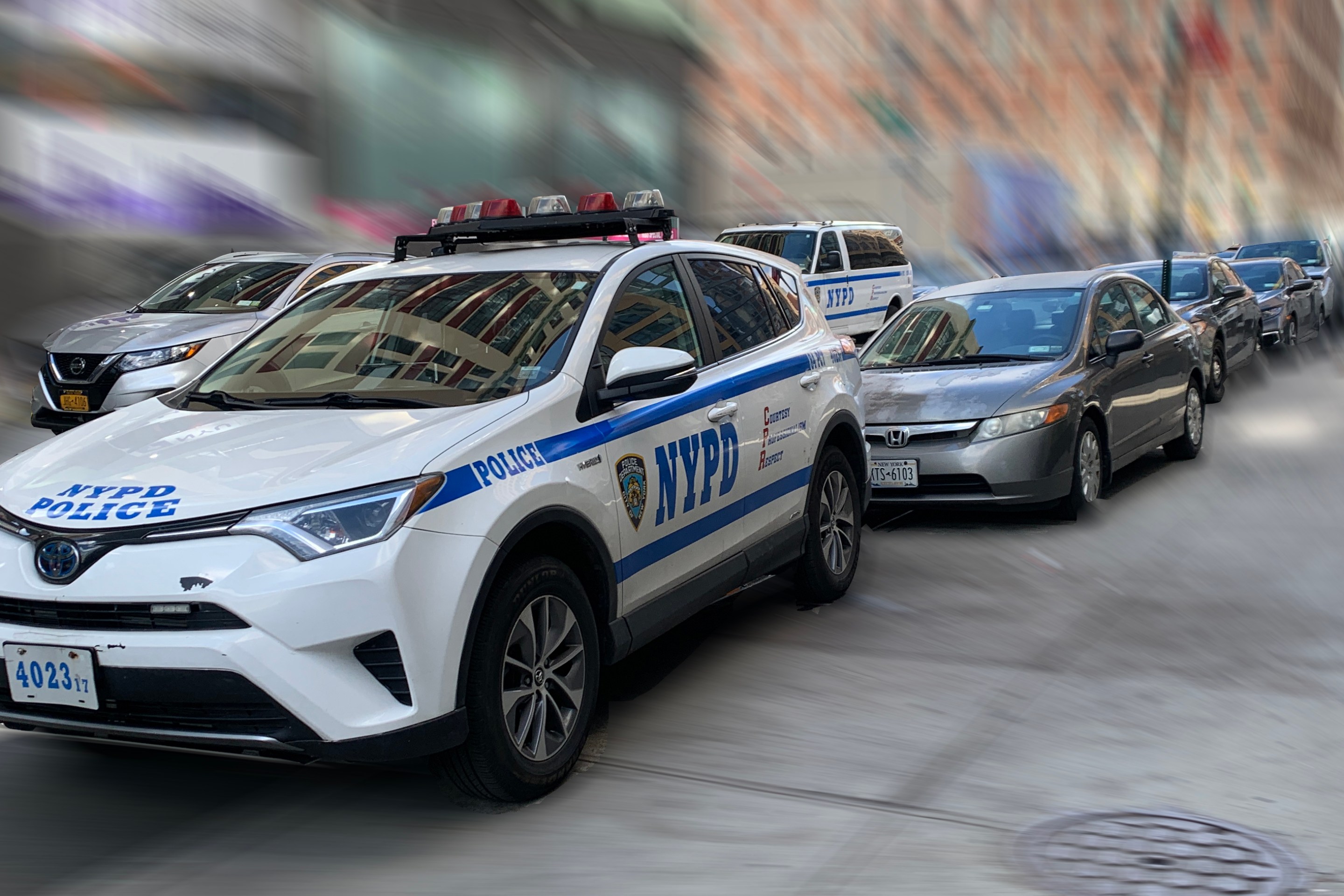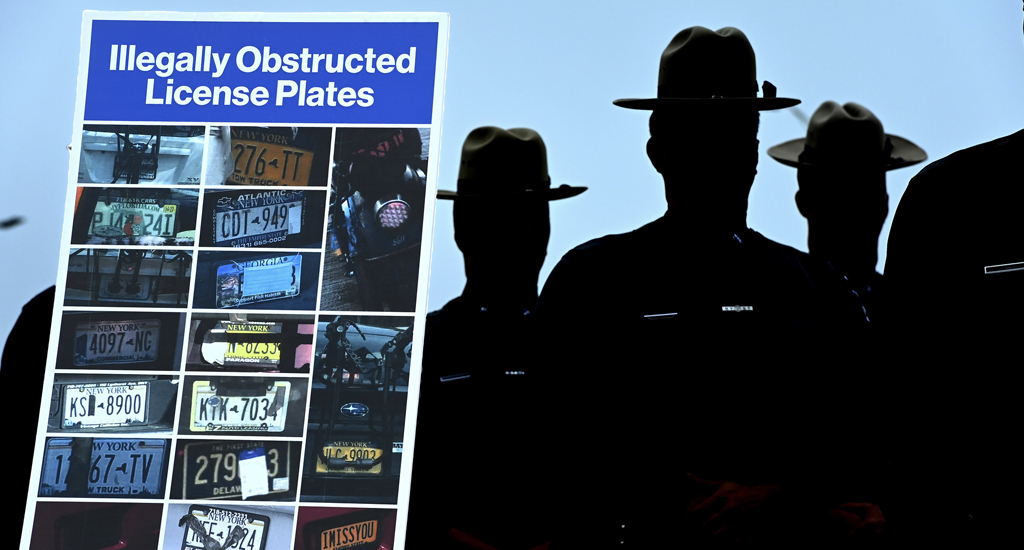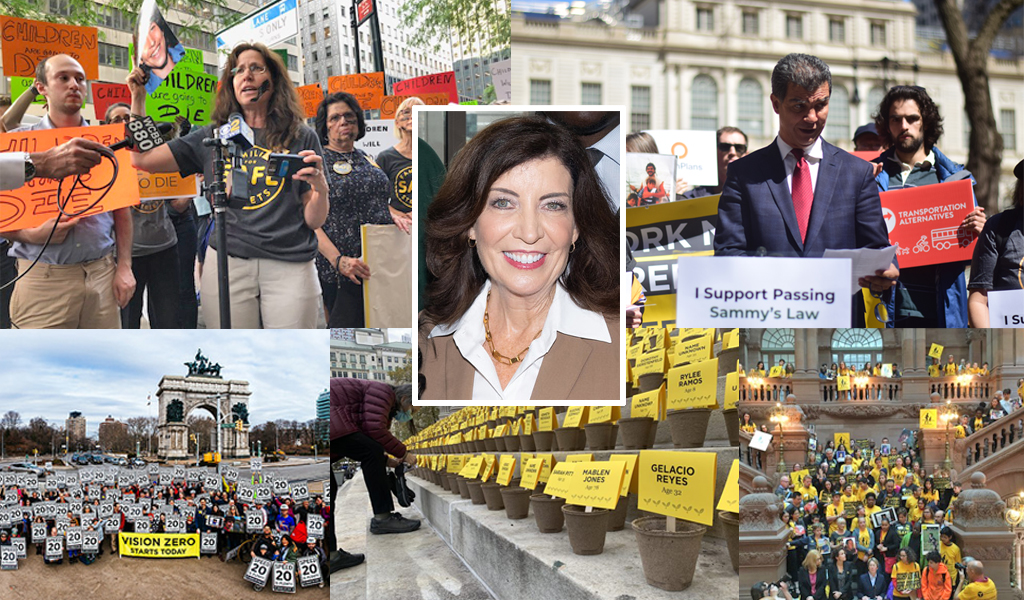Environmentally-conscious citizens of India aren't alone in their concern about the rollout of the Tata Nano, the "world's cheapest car." But in an op-ed piece for Forbes, Projjal Dutta, the director of sustainability initiatives for the MTA, writes that American critics should look to their own example if they expect developing nations to follow a more sustainable path.
As with many other issues, the world will expect America's "talk" -- say, urging China and India not to become auto-centric -- to be accompanied by "walk," at home. That, unfortunately, despite early glimmers of hope, is not happening. The stimulus bill has allocated about 8 billion dollars to transit, compared with 30 billion to highways. This is roughly in keeping with the traditional 80/20 split of federal transportation funds that have been enshrined since the Eisenhower days. If we are to get serious about halting climate-change, this split will also have to change.
Dutta cites Japanese and European models -- "Make cars, buy cars, just don't drive them all the time." -- as potential templates for India and other developing economies, so long as they, too, make adequate investments in public transportation.
The same could be said of the U.S., where the average citizen consumes 25 times as much energy as the average Indian. Dutta suggests America will need to commit to a long-term, "multi-generational" approach to transit development if it wants the kind of results already evident in its most urbanized cities.
The average Texan consumes approximately 500 million BTU per year,about six to seven times that consumed by a resident of New York Cityor San Francisco. The difference largely results from level of dependence onthe automobile. Metropolitan regions where many people travel by publictransportation (or by bicycles or on foot) are inherently morecarbon-efficient than places that rely almost exclusively onautomobiles, which is to say, most of the United States.

